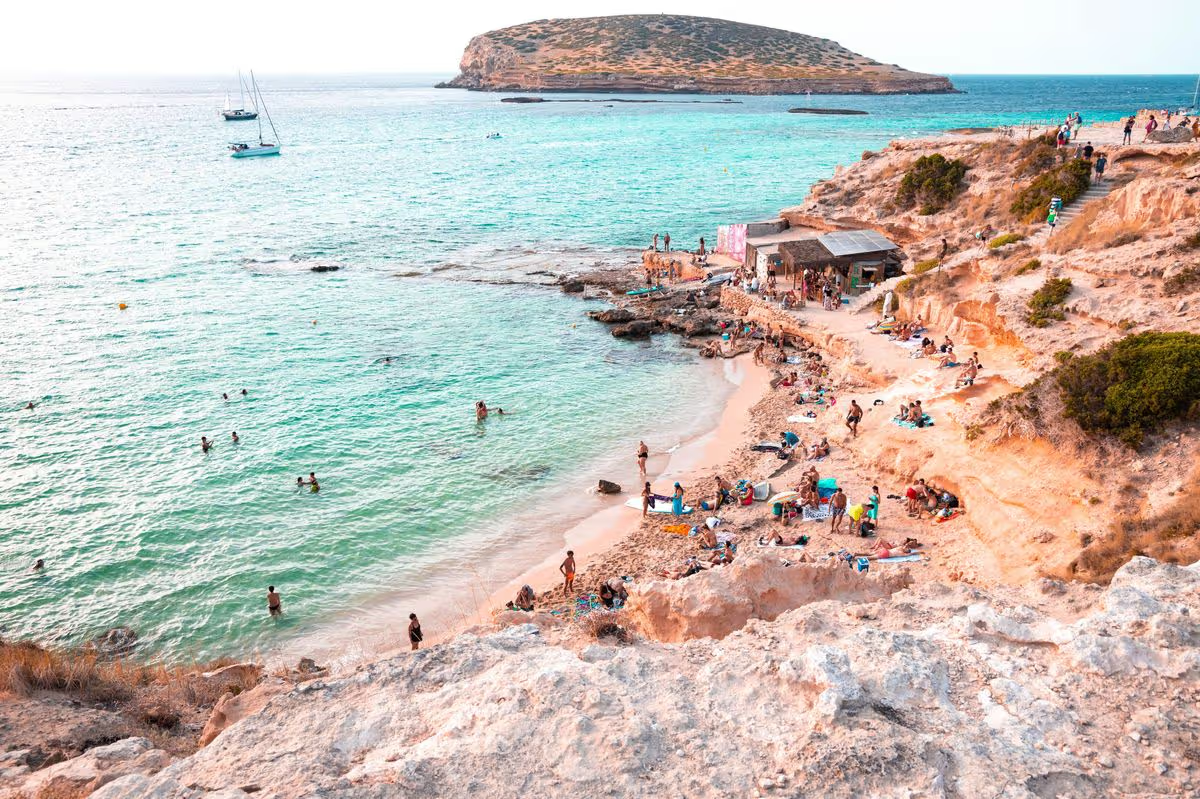Currently, approximately 90,000 properties across the Balearic Islands are owned by foreign nationals
British purchasers could find themselves locked out of some of Spain’s most desirable locations under proposals to prohibit non-residents from buying properties.
Lawmakers in Mallorca, Menorca and Ibiza, the Balearic Islands, are set to consider legislation that would prevent property acquisitions by anyone who hasn’t resided on the islands for at least five years. The measure, put forward by Left-wing party Més per Mallorca, is directly targeting overseas purchasers – including thousands of Britons who acquire holiday homes in the Mediterranean sunshine.
Currently, approximately 90,000 properties across the Balearic Islands are owned by foreign nationals – representing 16% of all housing stock. Additionally, nearly 12,000 Spanish properties were purchased by British buyers in 2024, according to property portal Idealista.
Activists argue that the extent of foreign ownership is eroding local communities and making housing unaffordable for residents. The islands attracted 19 million tourists last year, intensifying frustration about excessive tourism and the transformation of residential properties into holiday rentals and second homes.
Lluís Apesteguia, MP for Més per Mallorca, said “extraordinary measures were necessary” to tackle the pressures. He said: “We have to prioritise the houses that are for living in – not for those who want to speculate and continue with this game of Monopoly.”
If given the green light, the measure could serve as a template for similar restrictions across other parts of Spain. Advocates highlight Denmark’s regulations, which require UK-born buyers to have resided in the country for at least five consecutive years before purchasing property.
Opposition parties remain doubtful the plan would withstand legal challenge. Sebastià Sagreras, spokesman for Centre-Right party People’s Party (PP), said EU regulations meant the plans “cannot be fulfilled” and confirmed his party would vote against them.
Marc Pons of Spanish Socialist Workers’ Party (PSOE) said that whilst the policy could ease price rises, the regional government could “not rely solely on this solution to the problems”.
The debate comes against a backdrop of soaring property values. The average price of a 90-square-metre home in the Balearics has climbed to €461,269 (£403,265) up from €283,825 (£248142) in 2020 – a rise of more than 62%. Foreign buyers accounted for 13.8% of all Spanish property sales last year, totalling almost 97,300 transactions – a record for non-Spanish nationals, according to Idealista.
Ferran Rosa, MP in the Balearic parliament, said: “Housing is certainly the largest problem for Mallorcans, as prices have been rising for years and more and more houses are devoted to non-residential uses.
“Our plan is to ensure that houses are used for living, rather than ‘tourist’ uses, considering second homes for non-residents a tourist use. In this respect, we base our bill in similar regulations existing across the EU that intend to guarantee the right to housing.”
Ensure our latest headlines always appear at the top of your Google Search by making us a Preferred Source. Click here to activate or add us as your Preferred Source in your Google search settings.

